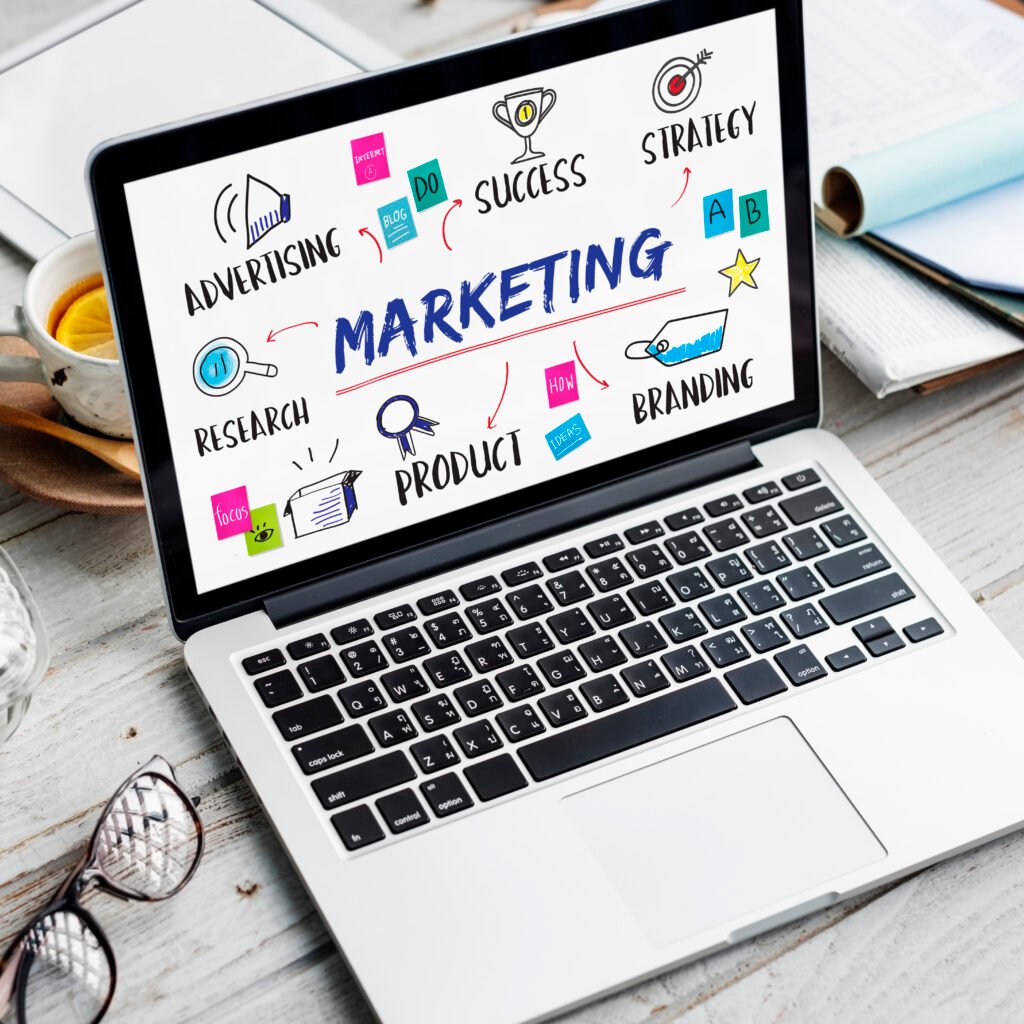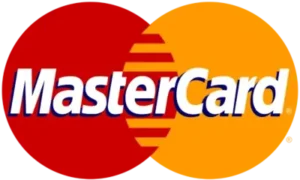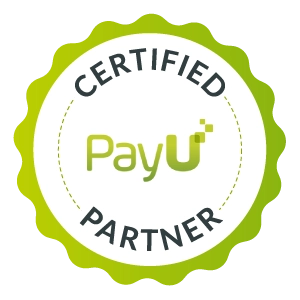
In today’s fast-paced and competitive market, small businesses often face significant challenges in competing with larger, more established corporations. Limited budgets, smaller teams, and less brand recognition can make it tough to gain a foothold. But thanks to the evolution of technology, especially digital marketing, the business landscape is undergoing a dramatic shift. Now, small businesses can compete—and even outperform—larger companies in their niche. The benefits of digital marketing for small businesses are transformative, offering equal opportunities for visibility, customer engagement, and growth.
This blog explores how digital marketing levels the playing field for small businesses and why embracing it is crucial for long-term success.
1. Affordable Marketing with Big Impact
Traditional advertising—TV, radio, newspapers—can be prohibitively expensive for small businesses. Digital marketing offers low-cost solutions that are just as, if not more, effective.
Examples:
- Running a Facebook ad campaign for as little as $50
- Using SEO to rank on Google without paying for ad space
Why It Matters: Digital platforms allow small businesses to reach thousands without the big-budget spend.
2. Precise Audience Targeting
Unlike traditional marketing, digital marketing allows businesses to target audiences based on demographics, interests, location, and online behavior.
Key Tools:
- Facebook Ads Manager
- Google Ads targeting
- Email segmentation
Why It Matters: This precision ensures that marketing messages are reaching the people most likely to become customers.
3. Data and Analytics Empower Smarter Decisions
Digital marketing tools come with built-in analytics. These allow small businesses to track what’s working and what’s not in real-time.
Key Metrics:
- Click-through rates (CTR)
- Conversion rates
- Customer acquisition cost (CAC)
Why It Matters: Data-driven decisions lead to higher ROI and more effective marketing strategies.
4. Search Engine Optimization (SEO) Boosts Visibility
SEO allows small businesses to appear in search results alongside larger competitors. With strategic content and keyword usage, even a local shop can rank highly.
SEO Tactics:
- Blogging with relevant keywords
- Optimizing Google Business Profiles
- Earning backlinks from local sites
Why It Matters: Improved search rankings lead to increased website traffic and brand awareness.
5. Social Media Marketing Builds Relationships
Social platforms like Instagram, Facebook, and TikTok give small businesses a direct line to customers. It’s a space to share stories, respond to inquiries, and build community.
Tactics:
- Behind-the-scenes posts
- Customer testimonials
- Interactive polls and Q&A sessions
Why It Matters: Personal connections create loyal customers and brand advocates.
6. Content Marketing Establishes Authority
Creating valuable content—blogs, videos, infographics—positions small businesses as experts in their field.
Content Types:
- How-to guides
- Product comparison blogs
- Explainer videos
Why It Matters: When people trust your expertise, they’re more likely to buy from you.
7. Email Marketing Nurtures Leads
Email campaigns can keep your brand top-of-mind and guide leads through the buyer journey.
Email Types:
- Welcome emails
- Promotional offers
- Educational newsletters
Why It Matters: Email marketing offers one of the highest ROI of any digital tactic.
8. Local SEO Drives In-Store Traffic
By focusing on location-specific strategies, small businesses can dominate local search results and attract nearby customers.
Local SEO Tactics:
- Using location-specific keywords
- Getting listed in local directories
- Encouraging online reviews
Why It Matters: 80% of local mobile searches result in an offline purchase.
9. PPC Advertising Offers Instant Results
While SEO takes time, pay-per-click (PPC) ads provide immediate visibility.
Platforms:
- Google Ads
- Bing Ads
- Facebook Ads
Why It Matters: PPC lets small businesses drive traffic and sales quickly, especially during promotions or launches.
10. Video Marketing Engages and Converts
Video is now the most consumed content type online. Small businesses can use video to showcase products, share testimonials, or explain services.
Tips:
- Use your smartphone to record simple, authentic videos
- Post on YouTube, Instagram Reels, and TikTok
Why It Matters: Videos increase engagement, build trust, and often lead to higher conversions.
11. Reputation Management Builds Trust
Online reviews and ratings can make or break a small business. Digital marketing tools help manage your online reputation proactively.
Best Practices:
- Monitor reviews on Google and Yelp
- Respond to all feedback, positive or negative
- Highlight testimonials on your website
Why It Matters: A strong online reputation builds trust and attracts new customers.
12. Marketing Automation Saves Time and Effort
Marketing automation tools streamline tasks like posting on social media, sending emails, and managing leads.
Recommended Tools:
- Mailchimp
- HubSpot
- Buffer
Why It Matters: Automation increases efficiency and allows you to scale your efforts.
13. Ecommerce Integration Expands Reach
Small businesses can now sell online through platforms like Shopify, WooCommerce, and Etsy. Digital marketing drives traffic to these platforms.
Examples:
- Social media ads linking to product pages
- Influencer marketing to drive product discovery
Why It Matters: Selling online opens new revenue streams beyond local customers.
14. Access to Free and Low-Cost Tools
There are numerous digital tools available at low or no cost to help small businesses get started.
Examples:
- Canva for graphic design
- Google My Business for local listings
- Hootsuite for social media scheduling
Why It Matters: You don’t need a big budget to make a big impact online.
15. Leveling the Playing Field
Ultimately, digital marketing empowers small businesses to compete effectively. With the right strategy, a solo entrepreneur can attract more customers online than a national brand that isn’t digitally optimized.
Why It Matters: Digital marketing rewards creativity, consistency, and customer understanding over budget size.
Final Thoughts
In 2025 and beyond, the benefits of digital marketing for small businesses will only grow. Whether you’re looking to increase brand awareness, drive online and in-store traffic, or build lasting customer relationships, digital marketing offers the tools and tactics to make it happen.
What used to be advantages reserved for big companies—analytics, advertising, automation—are now available to anyone with an internet connection and a plan. Small businesses that leverage digital marketing aren’t just surviving—they’re thriving.
So, take the leap. Start small, learn fast, and scale smart. Digital marketing isn’t just a tool—it’s your ticket to a more competitive, connected, and successful business future.













